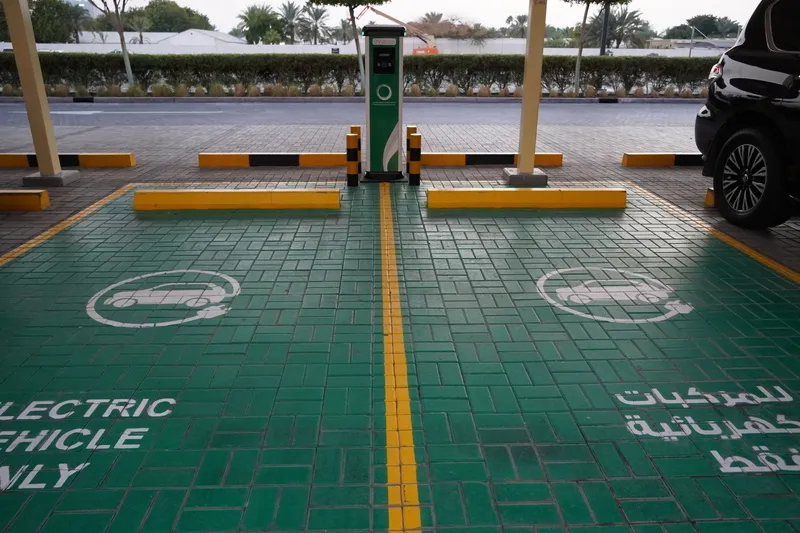
The UK government has bought forward plans to ban the sale of new petrol and diesel vehicles by 10 years to 2030.
However, it will allow the sale of hybrid cars and vans that can drive a significant distance with no carbon coming out of the tailpipe until 2035.
The move is part of a 10-point plan for a 'green industrial revolution' unveiled by UK prime minister Boris Johnson.
The plan will include £12 billion of government investment to create and support up to 250,000 green jobs in the UK.
£1.3bn will help accelerate the roll-out of charge points for electric vehicles (EVs) in homes, streets and motorways across England.
£582 million in grants will also be available for those buying zero or ultra-low emission vehicles.
Nearly £500m is to be spent in the next four years for the development and production of EV batteries as part of a commitment to provide up to £1bn, boosting international investment into manufacturing bases in the Midlands and North-east England.
Other parts of the plan will be realised by investment set out over the last year, including £5bn for greener ways of travelling including cycling, walking and buses.








